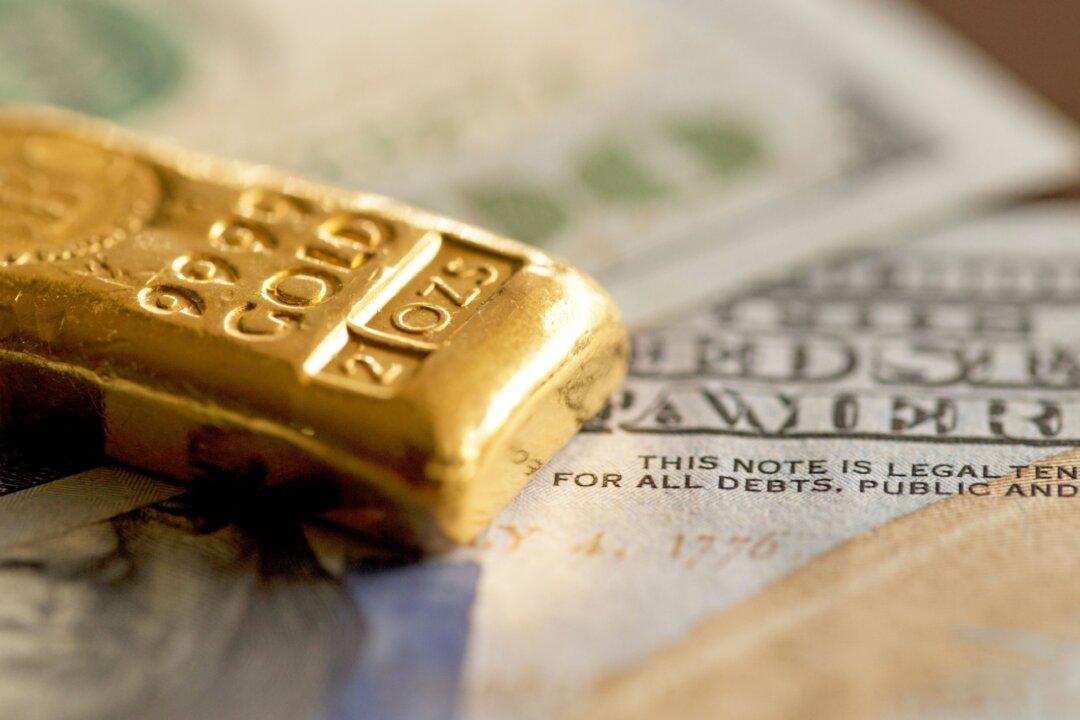Those struggling as their dollars lose value to inflation may be pleased to know that many states are now working to pass laws that would allow gold and silver to be used—not only for savings and investment but as everyday currency for purchases and payments as well.
The state of Utah took a major step last week toward the use of gold and silver as transactional currencies, allowing their use for state payments to vendors. A bill sponsored by state Rep. Ken Ivory passed the Utah state Legislature on March 18 and is now awaiting the signature of Gov. Spencer Cox.





